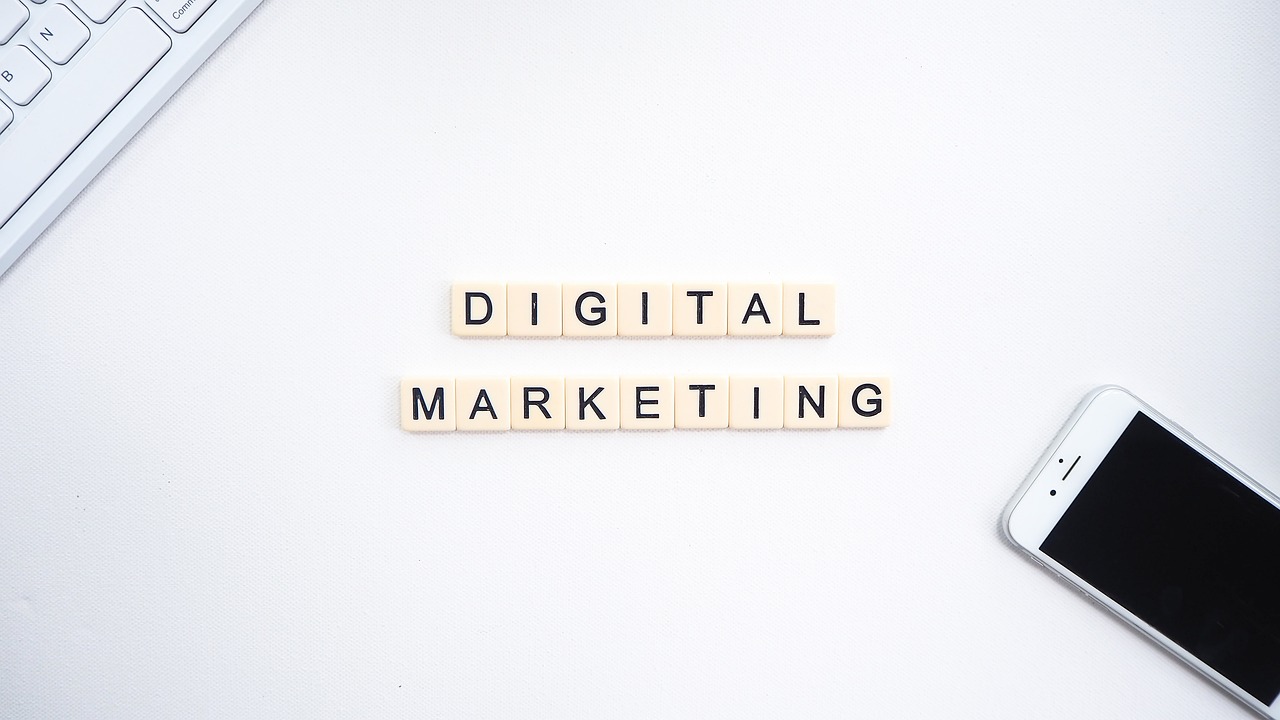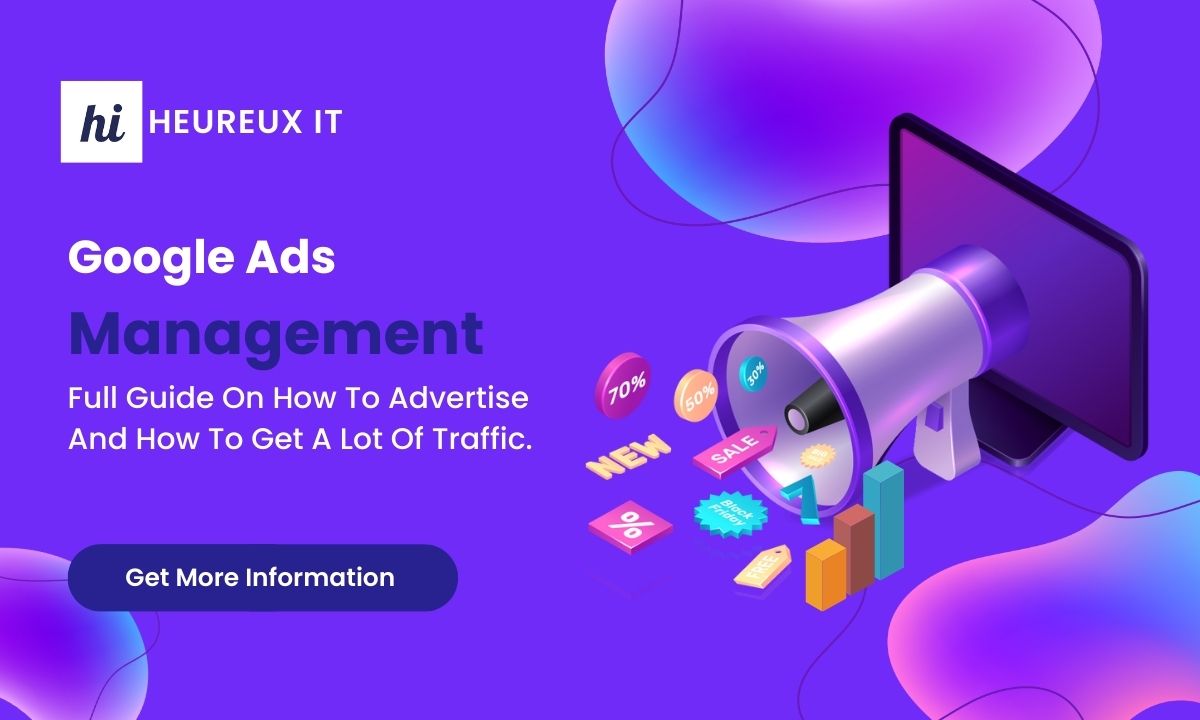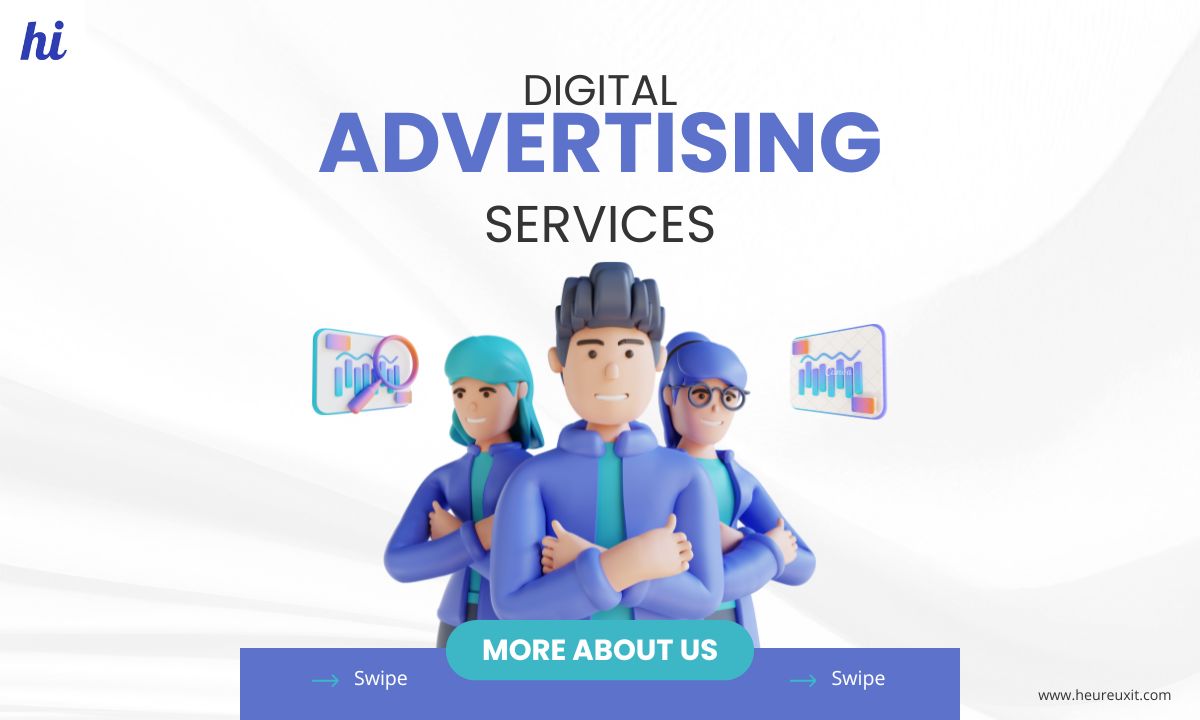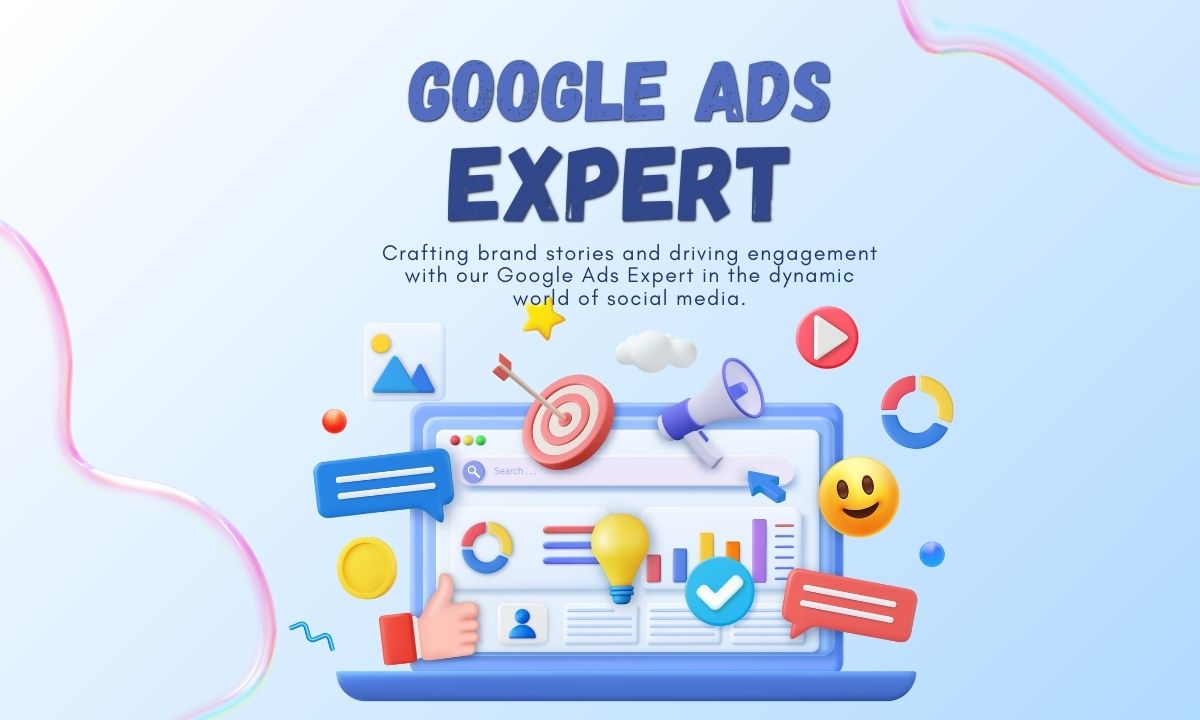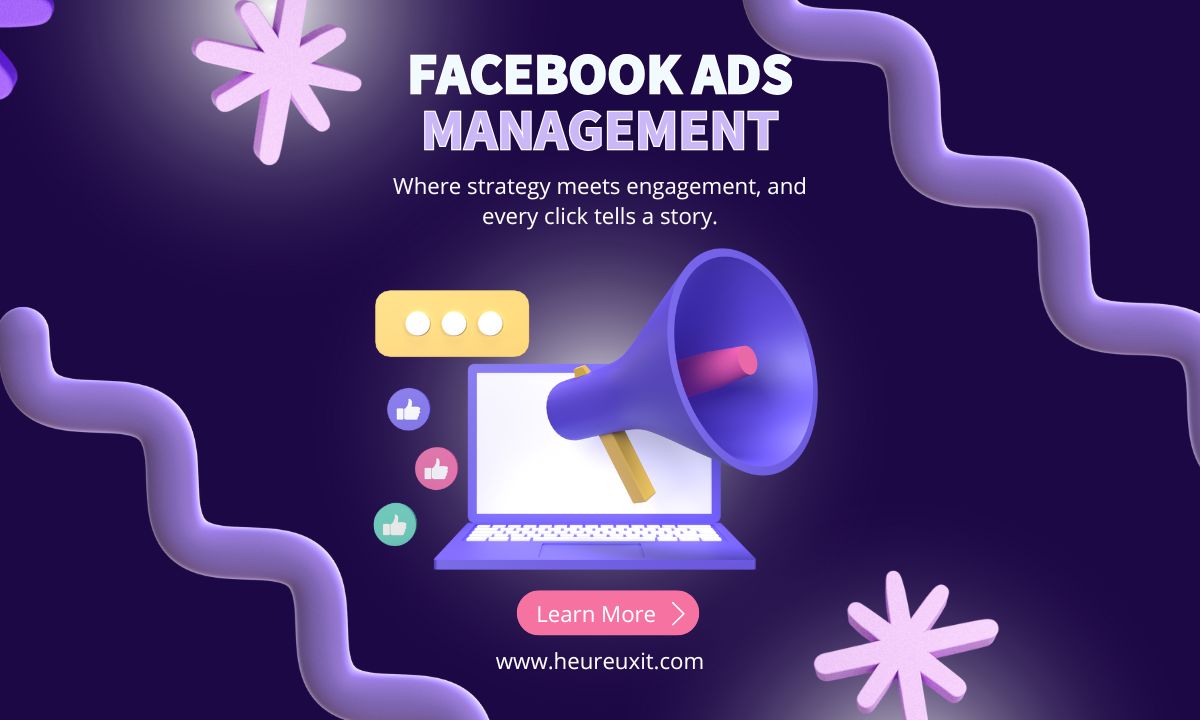Introduction to Digital Marketing
Digital marketing is the strategic use of digital platforms like websites, apps, social media, search engines, and other online tools to promote and sell products and services. It integrates many principles of traditional marketing while offering unique opportunities and challenges in the digital realm. It became prominent in the 1990s with the widespread adoption of the internet, transforming how businesses reach and understand consumers.
Key Components of Digital Marketing
Digital marketing encompasses a variety of techniques and media to connect with potential customers and enhance market share. It blends advertising acumen with sales strategies, handled by internal teams or specialized firms. While print, television, and radio were once dominant, the internet introduced new dynamics, compelling businesses to evolve their strategies and budgets.
Evolution of Digital Marketing Channels
The early days of digital marketing saw email as a primary tool. As search engines like Netscape emerged, businesses began using tags and keywords to increase visibility. Social media platforms like Facebook revolutionized digital marketing by allowing companies to track user data and target specific audiences. The advent of smartphones further revolutionized marketing, enabling businesses to reach consumers anytime, anywhere. A 2022 Pew Research Center study revealed that 76% of American adults had made online purchases using their phones.
Types of Digital Marketing Channels
Website Marketing
A company’s website often serves as the hub of its digital marketing efforts. Effective websites are fast-loading, mobile-friendly, and easy to navigate, clearly representing the brand and its offerings.
Pay-Per-Click Advertising
Pay-per-click (PPC) advertising lets marketers reach audiences through paid ads on platforms like Google, Bing, LinkedIn, X (formerly Twitter), Pinterest, and Facebook. PPC campaigns can target users based on demographics, interests, or location. Google Ads and Facebook Ads are the most popular PPC services.
Content Marketing
Content marketing aims to engage potential customers through valuable written, visual, or video content. This content is usually published on a website and promoted via social media, email marketing, SEO, or PPC campaigns. Unlike traditional advertising, content marketing often subtly highlights the product or service.
Email Marketing
Despite being associated with spam, email marketing remains a potent channel. Marketers collect names through other digital channels and use email campaigns to convert leads into customers.
Social Media Marketing
Social media marketing focuses on building brand awareness and trust. It can generate leads and serve as a direct sales channel through promoted posts and tweets.
Affiliate Marketing
Affiliate marketing involves companies and influencers promoting products for a commission. It’s one of the oldest marketing forms, revitalized by digital platforms. Programs like Amazon’s affiliate program illustrate its potential.
Video Marketing
Platforms like YouTube, Facebook Videos, Instagram, and TikTok are pivotal for video marketing. Videos integrate well with SEO, content marketing, and broader social media campaigns, offering a compelling medium for engaging audiences.
Text Messaging
Text messages (SMS) are used by companies to inform customers about new products and promotions. This method is also popular among nonprofits and political candidates. Many campaigns now allow payments or donations via text.
Measuring Success in Digital Marketing
Digital marketers use key performance indicators (KPIs) to measure the success of their campaigns. Common KPIs include:
– Click-through rate (CTR): Measures the percentage of people who clicked on an ad out of the total who saw it.
– Conversion rate: Assesses the percentage of people who took a desired action, like making a purchase, compared to the total audience reached.
– Social media traffic: Tracks engagement metrics such as likes, follows, views, and shares on social media profiles.
– Website traffic: Monitors the number of visitors to a website over time, indicating the effectiveness of marketing efforts in driving traffic.
Challenges in Digital Marketing
Digital marketers face unique challenges, such as the rapid proliferation of digital channels and the need to effectively use the vast amounts of data these platforms generate. Capturing consumer attention amidst a sea of digital ads and distractions is another significant hurdle.
What is a Digital Marketing Agency?
A digital marketing agency specializes in promoting businesses through digital channels. They create and launch campaigns across social media, PPC, videos, and custom websites to help clients reach their target audience.
Conclusion
The digital age has transformed how people consume media, pushing marketers to emphasize digital platforms. While it shares similarities with traditional marketing, digital marketing requires mastering new tools and techniques to succeed in today’s competitive landscape.
